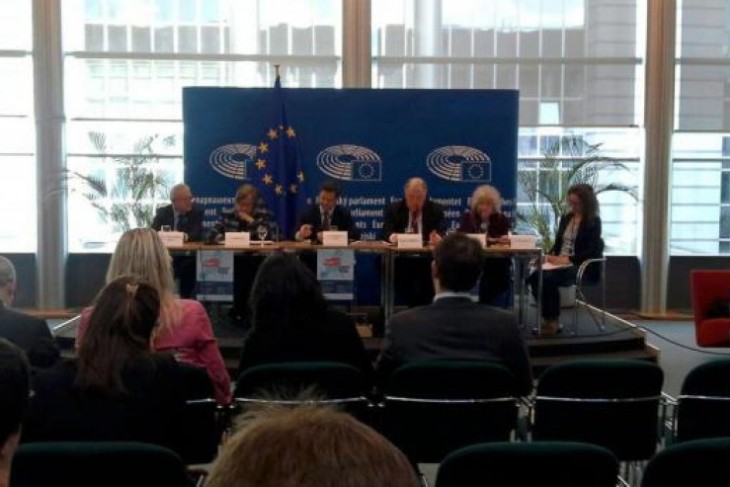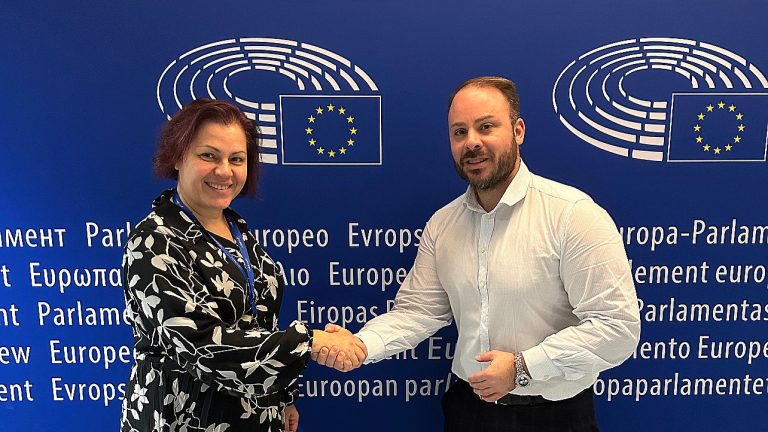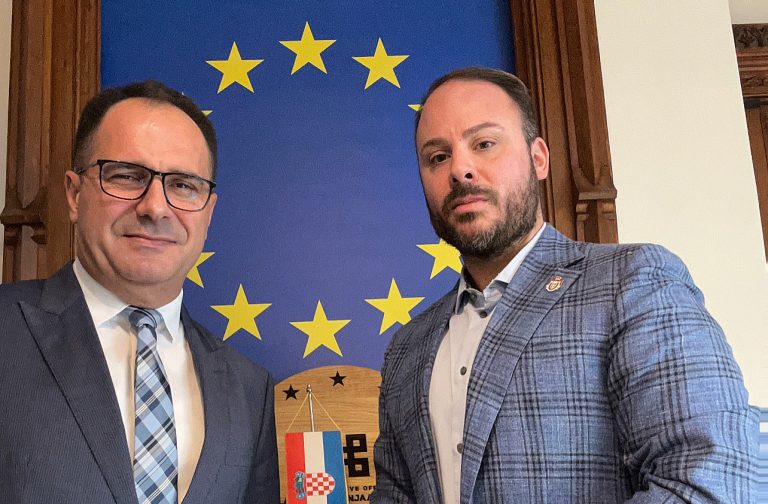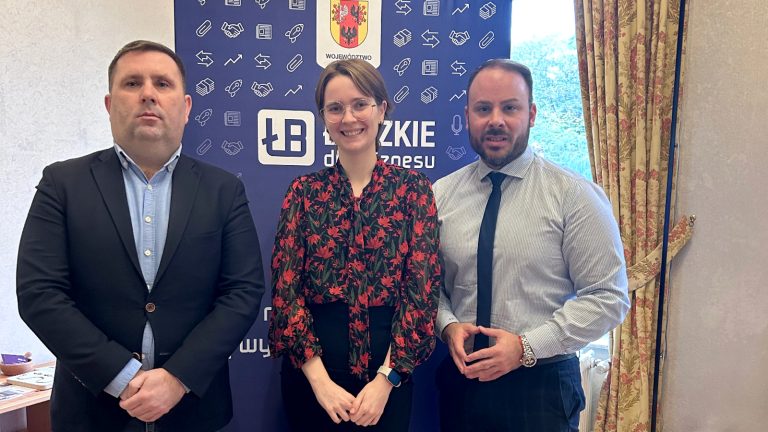Round Table “Regional participation in EU decision-making: What Role for the Regions?” at the European Parliament

The European Parliament Research Service (EPRS) organized a round table “Regional Participation in the EU decision-making: What Role for the Regions?” at the European Parliament on 19th April 2016. The speakers at the panel discussion were: Ramón Luis Valcárcel Siso, MEP, Mercedes Bresso, MEP, Karl-Heinz Lambertz, First Vice-President, European Committee of the Regions, Prof. Dr. Teresa Freixes, Professor of Constitutional Law, Autonomous University of Barcelona, Laura Tilindyte, Policy Analyst, Citizens Policy Unit, EPRS. The moderator was Jesús Carmona Núñez,, Head of the Citizen Policy Unit, EPRS.
Siso began his presentation by drawing attention to the fact that after the elections for the European Parliament in 2014, the same body elected the President of the European Commission for the first time, given that those elections were conducted under the pressure of the crisis which began in 2007 and which showed that the EU had to make tough decisions, especially when one crisis situations followed another (migration, crisis in Ukraine, economic crisis, situation in Greece and the UK). Siso said that the EU had never faced so many parallel crises, and at the same time, there was a lack of citizens’ interest in the situation at the European level, along with a general perception of chaos, which could be changed by better exchange of information and transparency. He underlined that some decisions were badly implemented, referring the distribution of refugees and migrants in accordance with the defined quotas, which would result in the increase in popularity of populist and eurosceptic political parties. He underlined that cities and regions were mostly affected by the refugee crisis and that their greater involvement in the decision-making process would strengthen the EU itself, thus it would gain more legitimacy. He indicated the importance of the cooperation agreement signed by the European Parliament and the Committee of the Regions, which allowed to listen to those who implemented the acquis communautaire in the field. Siso concluded that in a situation in which the local and regional level implemented at least 70 % of the EU legislation, clear mechanisms were needed for the participation of regions in the adoption and interpretation of the acquis.
Bresso emphasized the importance of the principle of subsidiarity and the fundamental role of local and regional authorities, which could contribute to achieving full legitimacy and responsibility of all stakeholders in the legislative process. It was necessary for the regions to take an active part in the policy-making, and she mentioned the cohesion policy as an example. More democracy and dialogue were, in fact, beneficial for the general public. She indicated that the role of the regions was defined by the Europe 2020 strategy, as well as by public and private investments, urban development, territorial cooperation and macro-regional strategies. She stressed the importance for the regions to be involved in the creation and revision of the EU policies, because it was the only way to achieve full application of the principle of subsidiarity.
Lambert began his presentation with the thesis that it was important to find a new relationship between citizens and the EU. He pointed out that he was a promoter of the EU, but a radical change was necessary in the work. Key stakeholders needed more enthusiasm, otherwise no instrument would help us solve the problems. He stressed that effective results were needed at all levels, yet the managing structures needed to earn the people’s trust back. In order to solve concrete problems in the field, coordination, position and clear message at all levels were necessary. He concluded that the communication and cooperation between regional and national parliaments contributed to a better implementation of the proposed mechanisms.
Freixes said that there was cooperation between the different levels of authorities, yet it needed to be more complex. According to her, the Lisbon Treaty served as the EU Constitution, however, knowledge about how the Geneva Refugee Convention was applied in European region was also necessary. She concluded that the political structure in Europe was in a paradoxical situation, because citizens expected the politicians to find solutions to structural problems pressurizing modern Europe, on the other hand, trust in politicians dropped or did not exist at all.
Tilindyte, the author of the study, emphasized the importance of local and regional authorities, especially in the light of their legitimacy, proximity to citizens and work effectiveness. The negative side of greater regional involvement in the regulation making process might be a further slowdown of the process of adopting new regulations. Out of 75 regions with legislative powers in 8 member states, the implementation of the principle of subsidiarity faced the following challenges: a shortage of skilled staff, short deadlines for submitting legislative proposals, absence of direct communication with the EU institutions, lack of capacity to create networks and a more visible loss of the initial enthusiasm in the application of the subsidiarity principle. She concluded that subsidiarity called for thinking carefully about the most competent level of governance in a given situation: European, national, regional or local.




